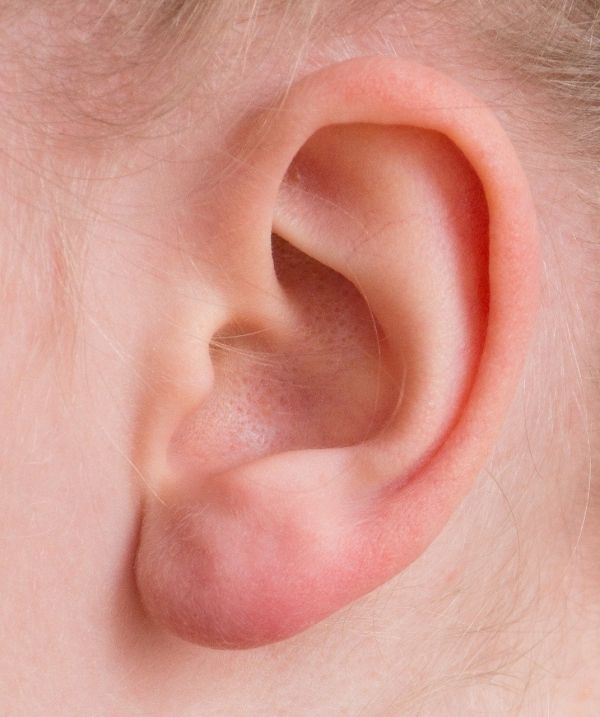What does it actually look like deep inside our ears? This is has been very difficult to study as the inner ear is protected by the hardest bone in the body. But with the help of synchrotron X-rays, it is now possible to depict details inside the ear three-dimensionally. Together with Canadian colleagues, researchers from Uppsala University have used the method to map the blood vessels of the inner ear.
The study, which was published in the scientific journal Scientific Reports, can provide an explanation for why it is so effective to treat deafness in people with cochlear implants (CI). This is a method that means that an electrode that electrically stimulates the auditory nerve is operated into the inner ear. To-date, around 500,000 people worldwide have been treated with this technique. In Uppsala, the operation is also performed on patients with severe hearing loss, but who can perceive sounds with lower frequencies.
New paths to the auditory nerve
“We need to get better at understanding the micro-anatomy of the human auditory organ and how electrodes operated in affect structures in the cochlea. It can lead to an improved electrode design and better hearing results. 3D reconstructions mean that we can study new surgical paths to the auditory nerve,” says Helge Rask-Andersen, Senior Professor in Experimental Otology at the Department of Surgical Sciences.
Read more at Uppsala University
Photo Credit: Anemone123 via Pixabay


